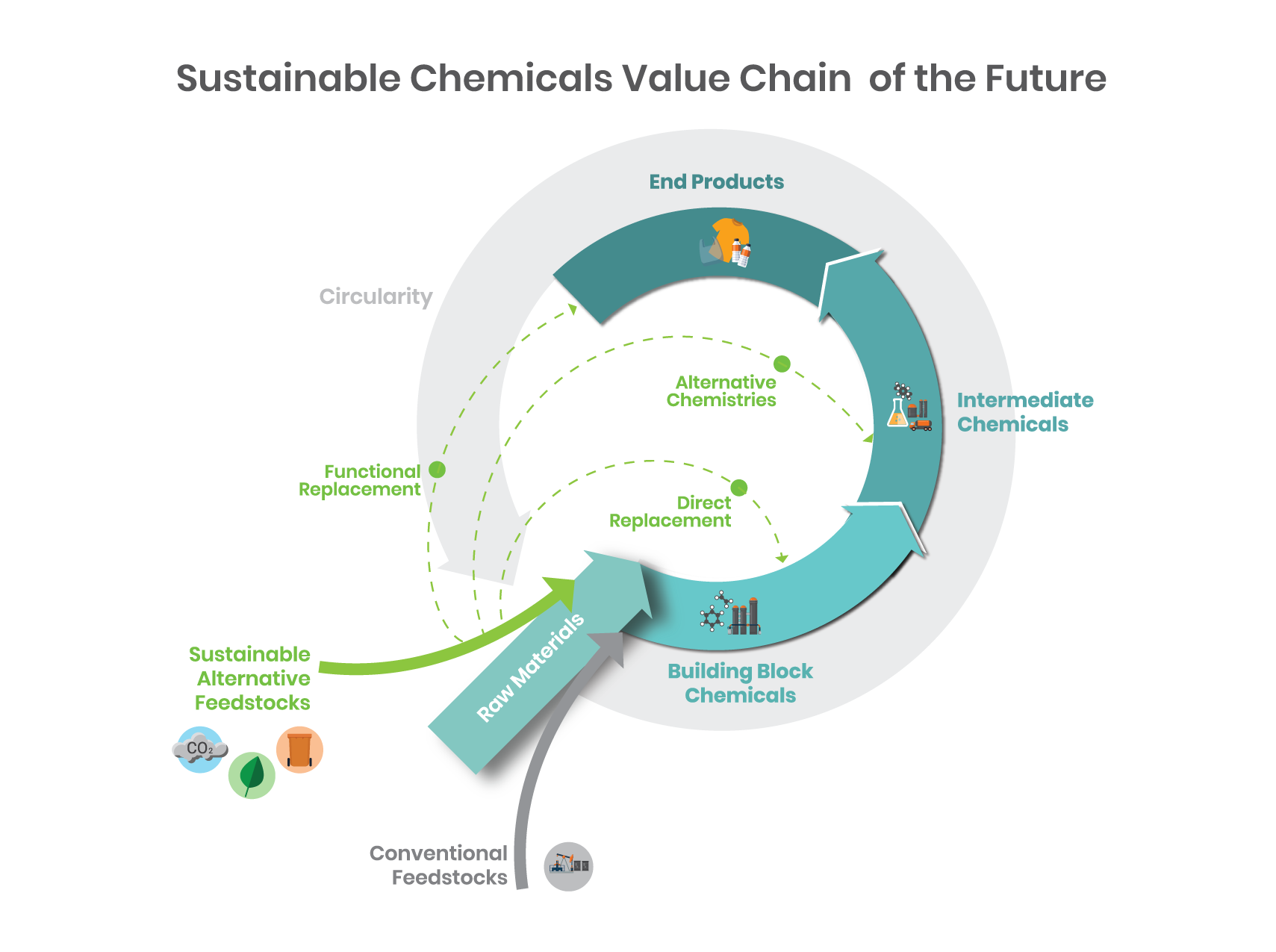Secret Factors To Consider for Selecting the Right Chemical Products to Accomplish Efficient Integrated Solutions in Your Workflow
Picking the appropriate chemical items for incorporated remedies in operations calls for a diverse approach that encompasses different crucial factors to consider. From assessing chemical compatibility to making certain adherence to regulatory standards, each element plays a critical duty in maximizing functional efficiency and safety and security.
Recognizing Chemical Compatibility

To evaluate compatibility, one ought to take into consideration aspects such as the chemical properties of the materials included, including pH, focus, temperature, and the visibility of contaminations. Making use of compatibility graphes and data sources can give beneficial understandings into potential interactions. Additionally, conducting small-scale examinations can assist identify unforeseen responses that may not be recorded.
Variables such as humidity, light exposure, and temperature level can influence the stability and sensitivity of chemical items. By focusing on chemical compatibility during the selection process, companies can improve operational effectiveness, reduce the danger of crashes, and make sure conformity with security methods.
Evaluating Governing Compliance
In the complicated landscape of chemical item selection, assessing governing conformity is critical to making certain not only security yet additionally legal adherence. Organizations should browse a myriad of regulations, from local and national legislations to worldwide criteria, that govern the use, storage space, and disposal of chemical substances. This requires a complete understanding of applicable guidelines such as the Occupational Safety And Security and Health Administration (OSHA) requirements, the Environmental Protection Company (EPA) standards, and the European Union's Enrollment, Evaluation, Authorisation and Limitation of Chemicals (REACH)
When choosing chemical items, it is important to verify that distributors give Safety and security Information Sheets (SDS) that detail potential hazards and handling needs. Services must verify that the chemicals conform with industry-specific regulations, which might impose added terms. Non-compliance can result in extreme charges, including fines and functional closures.
Furthermore, organizations should remain upgraded on regulative changes, as non-compliance can develop from obsolete practices. Developing a durable compliance technique, including routine audits and worker training, can aid ensure adherence to existing guidelines. Inevitably, focusing on regulative compliance not only minimizes danger but also boosts the organization's reputation and operational efficiency.
Assessing Environmental Effect
How can companies properly analyze the ecological influence of chemical items during the selection process? A detailed evaluation needs a complex strategy, including information on the life process of items, from production to disposal. Organizations ought to start by recognizing the possible threats connected with each chemical, consisting of toxicity, determination in the atmosphere, and bioaccumulation potential. Making use of devices such as Security Data Sheets (SDS) and environmental threat analyses allows a clearer understanding of these aspects.
Furthermore, companies can take advantage of third-party accreditations and eco-labels that suggest conformity with ecological standards - Chemical Products. Engaging with providers who prioritize sustainability techniques can likewise enhance the selection process. It is crucial to evaluate not just the straight effects of chemical use but additionally the indirect influences, such as energy consumption and waste generation
Applying life cycle assessment (LCA) approaches can give thorough understandings right into the ecological footprint of chemical products, highlighting locations for renovation. By prioritizing openness and cooperation with stakeholders, companies can make enlightened choices that straighten with their sustainability objectives while decreasing damaging ecological results. This positive strategy inevitably cultivates an extra liable and eco-conscious functional structure.
Evaluating Cost-Effectiveness
While assessing chemical products for operational usage, organizations have to also take into consideration cost-effectiveness as an essential factor in the option procedure. This includes evaluating not just the preliminary purchase rate however likewise the complete expense of ownership, that includes factors such as use effectiveness, maintenance, and disposal expenses. Chemical Products. A product that shows up low-cost upfront may sustain higher costs in power consumption or call for even more frequent substitute, eventually affecting the bottom line
Additionally, organizations need to analyze the potential page for price financial savings via optimized solutions that improve efficiency and lower waste. Items that require lower application rates or use faster handling times can lead to significant savings over time. It is also necessary to think about the impact of governing compliance costs, as non-compliance can cause fines and increased operational costs.
Furthermore, companies should review the long-term value derived from the chemical items, including boosted top quality, increased productivity, and enhanced safety. A comprehensive cost-effectiveness analysis encourages organizations to make informed choices that line up with both their financial objectives and operational goals, eventually leading to lasting and effective techniques.
Identifying Vendor Reliability
Distributor reliability is vital when you can try here picking chemical items for operations, as it straight affects both item high quality and functional effectiveness. A dependable distributor regularly provides top quality items on time, guaranteeing that your procedures continue to be uninterrupted.
Next, think about the supplier's history of compliance with regulations and standards. A trusted distributor needs to have a durable quality control program that complies with market guidelines. Additionally, examine their capacity to supply technical support and item information, which is crucial for educated decision-making.

Verdict
To conclude, choosing the proper chemical items for incorporated options necessitates an extensive evaluation of a number of important factors. Recognizing chemical compatibility, making certain governing compliance, examining ecological impacts, evaluating cost-effectiveness, and recognizing dependable distributors jointly add to educated decision-making. Such a strategy not just improves functional performance and security however additionally alleviates possible threats. Prioritizing these factors to consider can find out here bring about more sustainable and reliable functional methods in numerous industries.